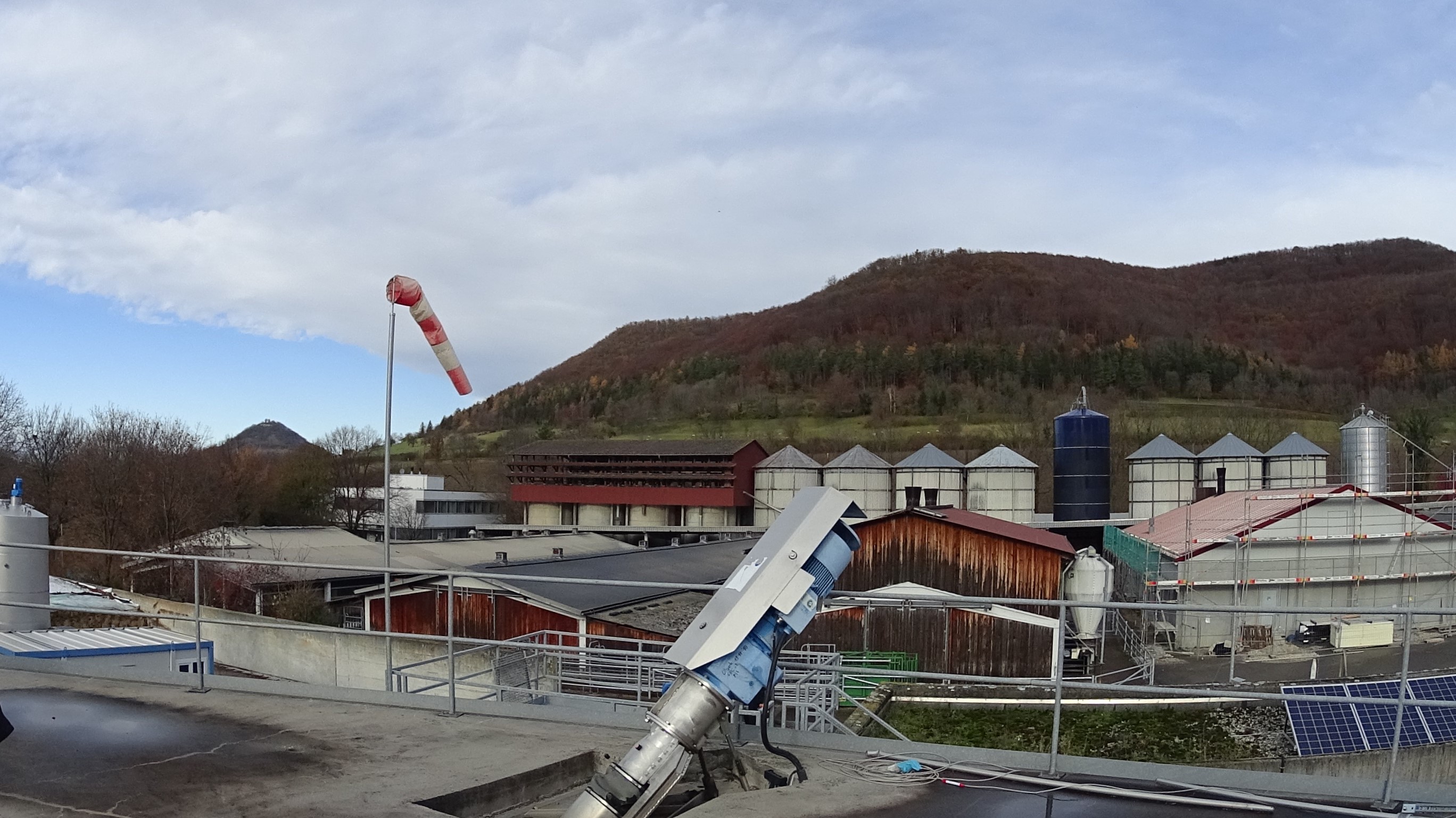Danube S3 Cluster - Bioeconomy events held in Stuttgart can not be missed by Danube S3 Cluster project partners
16-12-2019
The Transnational Bioeconomy Study trip and the 4th Bioeconomy day were held in Stuttgart during 27-28 November 2019.

The representative of IFKA – as the knowledge owner for the circular economy business model topic within Danube S3 Cluster project - took part in the events to get an insight to the new initiatives within the Agro-Food sector in this respect.
On 27th November participants had the chance to visit two selected bioeconomy locations in Baden-Württemberg: the Agricultural Experiment Station of the University of Hohenheim, Unterer Lindenhof where a biogas station and a pilot biorefinery could be examined. The seconds stop was the German Institutes for Textile and Fibre Research Denkendorf (DITF), where the company representatives introduced their most recent innovations for instance in the field of medical technologies, architecture, ceramic fibers, smart textiles and natural polymers.
The day had been closed by an official evening reception, where state secretaries and company representatives discussed the importance of bioeconomy.
The 4th Bioeconomy Day – the most relevant annual bioeconomy event in Baden-Württemberg - was held in the Hohenheim Castle: its main topic was Agricultural material flows and new business models for biogas plants.
In his opening speech Peter Hauk, Minister of Rural Affairs and Consumer Protection of Baden-Württemberg introduced the regional government’s sustainable bioeconomy strategy; followed by Natasa Mikus-Zigman, State Secretary of the Ministry of Economy, Entrepreneurship and Crafts from Croatia.
Dr. Silvia Michelini (European Commission, Director of the Rural Development II, Directorate-General for Agriculture and Rural Development (DG AGRI), and Dr. Chrsitian Patermann, Director ret., Directorate-General for Research and Innovation (DG RTD) of the European Commission, Advisor to the German Government for Bioeconomy also talked about the importance of agriculture within the circular transition emphasizing the need for a bioeconomy strategy.
During the afternoon presentations, participants had the opportunity to learn about Agriculture 4.0, new business models for existing biogas plants and biorefineries in the Danube region.
The topics for the breakout sessions were:
- Intelligent resource and material flow management – agriculture 4.0
- Further development of biogas plants
- Biobased innovations in Europe – Biorefineries for the Danube region
Participating in the events gave a deeper understanding of the agricultural innovations, the new ways of material flow management in this sector and the new trends within biogas plants in the Danube Regions. This knowledge could not only be incorporated in the overall strategic direction of the Danube S3 Cluster project, but also it could be used in the local action plans prepared for Serbia and Croatia in which the transition to circular business models within the Agro-food sector should be promoted.
